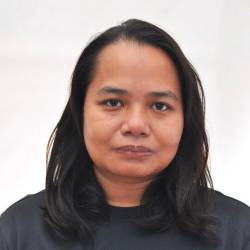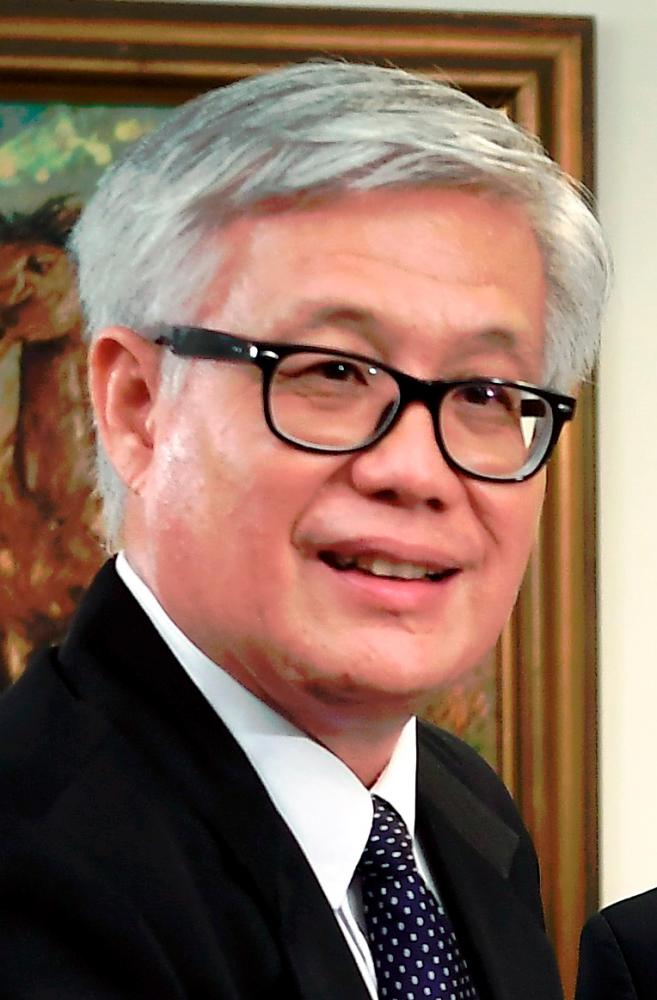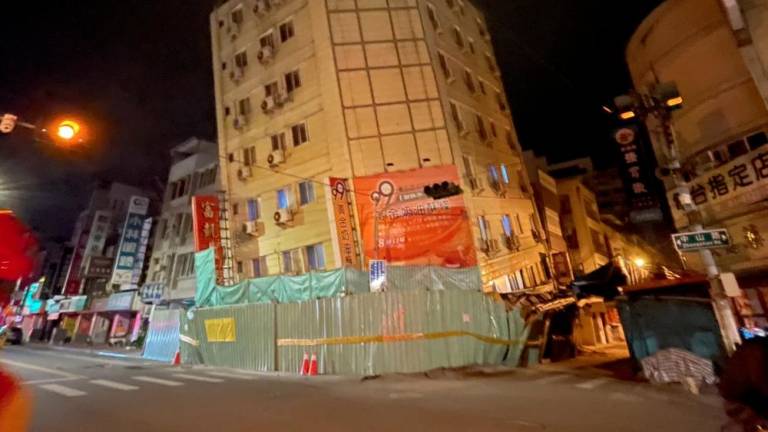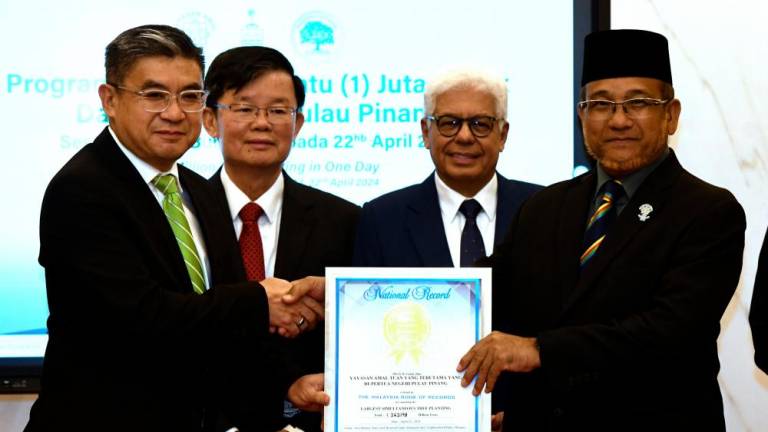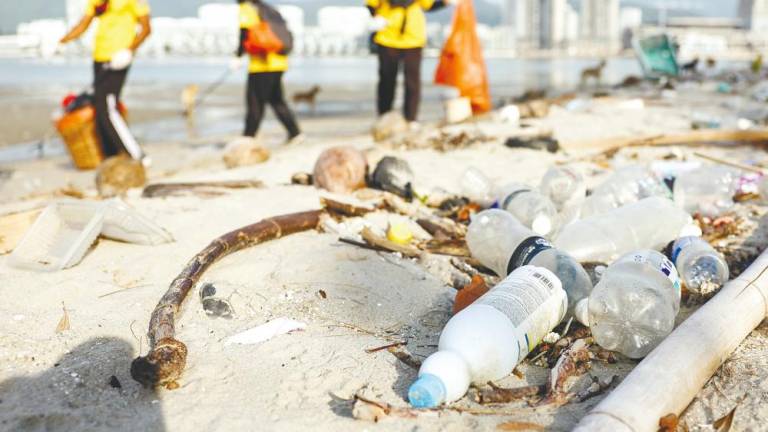PETALING JAYA: A non-profit organisation has presented three proposals – introducing a human capital strategy for senior citizens, encouraging locals to embark on a caregiver career, and standardising the national caregiving training syllabus – as ways to help ageing Malaysians live productively in their golden years.
Third Age Media Association founding president Cheah Tuck Wing (pix) said a holistic policy that is geared towards caring for an ageing society is vital to ensure the well-being of the community is protected.
This is in addition to recognising that their expertise and experience remain relevant, he told theSun.
“The government could redesign jobs to offer older workers greater flexibility, which includes making training accessible and effective for them.
“Similarly, a dedicated seniors-only national ‘job bank’ can be set up (for employers). Initiatives to promote a mindset change among employers, allowing the elderly to work from home and to try out jobs through internships or job trials could promote inter-generational workplace harmony.”
Cheah said such a proposal had been raised in 2018 with former prime minister Tun Dr Mahathir Mohamad, including an idea to have a separate ministry meant to look into the affairs of senior citizens.
“Having a ministry for women, family and community development that looks into these areas (instead of just) seniors is impractical and unsustainable. This is because the ageing population is rising rapidly,” he said, adding that a meeting with the ministry’s Welfare Department would be held soon to discuss strategies related to the ageing society.
He was responding to inquiries about strategies that the government could implement, seeing that a World Bank research report released in 2020 found that 7% of Malaysians were aged 65 and above, which classified the country as an “ageing society”.
The World Bank report also said the ageing rate would increase in the coming years, with the portion of the population aged 65 and above projected to double to 14% by 2044, and 20% by 2056, making Malaysian society “super-aged”.
Cheah said the government should look into jobs that are suitable for the elderly and support employers to modify work-place practices and job processes.
“Having training programmes tailored to the management of older workers should encompass core topics that include human resource management, sociological aspects of ageing and work-place safety,” he said.
Malaysian Healthy Ageing Society president Dr Wong Teck Wee had earlier said the quality of care for the aged in Malaysia was poor.
He said Singapore and many western countries have developed mobile nursing care and mobile home rehabilitation that enable seniors to receive care in the comfort of their homes.
“Malaysia should set up more daycare centres where children can send their elderly parents before going to work and pick them up after work. Meanwhile, the elderly person has the opportunity to interact with others and given treatment (for their ailments),” he said.



